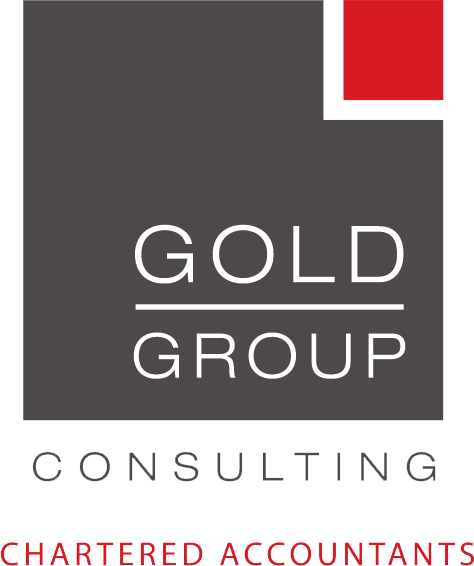Choosing the right funding for your business
Unless your business is in the fortunate position of having enough surplus cash to be self-funding, you're going to need additional funding in the form of either equity or debt.
There are some key differences between these two routes:
Equity = investment from private investors or venture capitalists, in exchange for shares in the company. It brings in large sums of money, but does mean handing over some control of the company to these new shareholders. On the flipside, you bring in the experience of seasoned business people to help run the business.
Debt = borrowing money from a lender or bank, in the form of a business loan or asset finance etc. Debt gets you the money you need, but increases your overall liabilities as a company (which doesn’t look great on the company balance sheet). However, you do retain more control of the business and can steer your own strategic course.
Whether you opt for private investment, or increased debt will depend on your current pain points, your financial health and your longer-term strategic goals.
For example:
If you’re aiming to grow fast then private investment and equity will generally be the best route. You’ll be able to raise Series A, B and C funding at the relevant points in your business journey, within the confines of having private investors as shareholders.
If you have a short-term cashflow hole then borrowing money and increasing your debt is the preferable option. Using routes such as invoice finance, asset finance or secured business loans you’ll be able to fill the cash gaps and continue trading.
Talk to us about taking the right route to funding.
If your business is in need of extra cash, come and talk to us. We can help you understand your true funding needs. We'll help with your approach to banks, lenders or private investors who can provide the required capital – so you can achieve your business goals.
Get in touch to begin your funding journey
